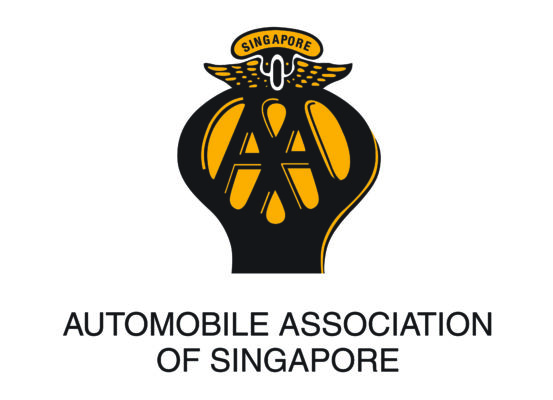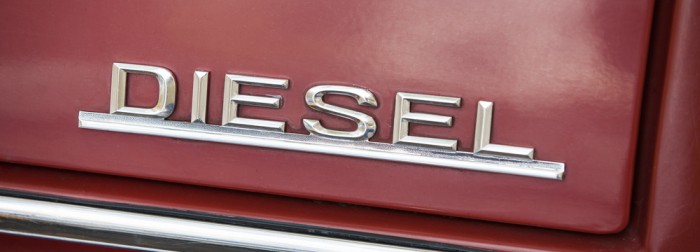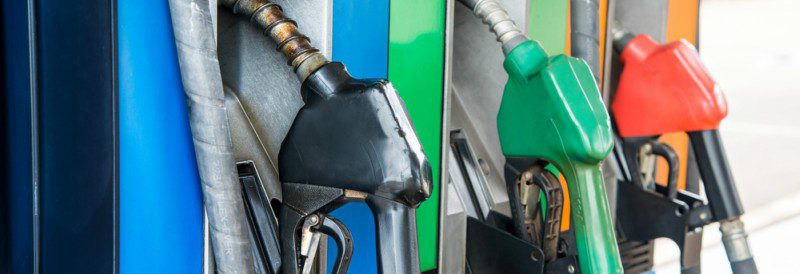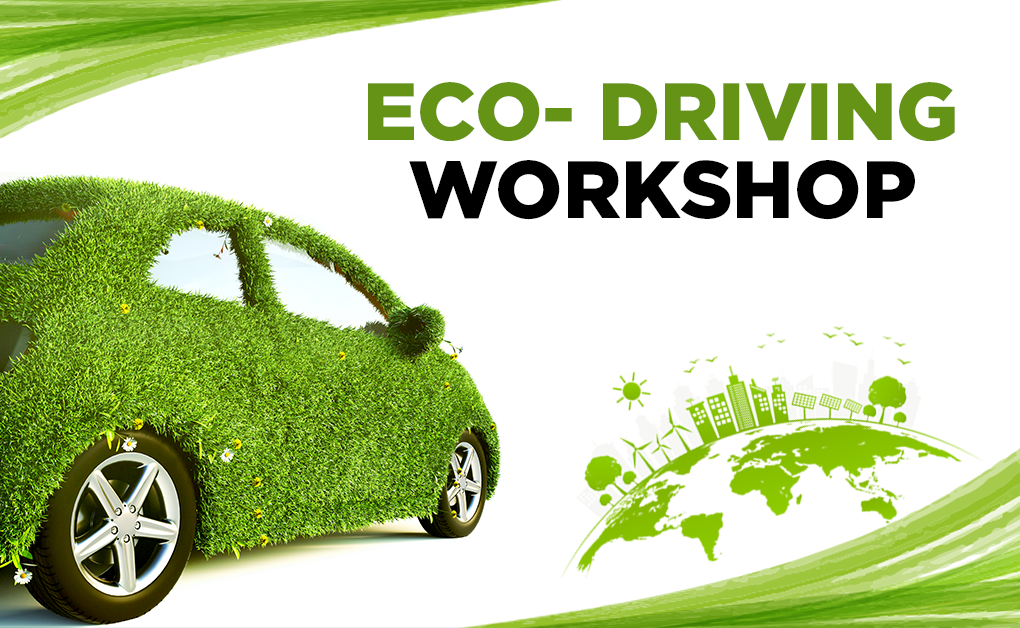Diesel’s day is here. Or at least, it should be, given how far modern diesel-powered cars have come. The Highway investigates…
FORGET THE SMOKY, clattering diesel engines you encounter in taxis and lorries. The woeful clamour and sooty flatulence they emit are completely unnecessary in today’s world, for the fact is that a modern, well-tuned diesel engine is neither noisy nor dirty. So far it’s mostly Western Europeans who have caught on to the fact. In their part of the world, diesel power now accounts for roughly half of all new cars sold, and in markets like Austria and Belgium, almost two out of three new cars is powered by diesel
The rise of diesel power has been nothing short of spectacular. The latest diesels have made huge strides in refinement, cleanliness and efficiency again, with current technology capitalising on the diesel motor’s frugality to eke out amazing fuel economy.
What makes a diesel so frugal? First, the engines work completely differently from petrol engines. While a petrol motor ignites fuel with an electric spark, a diesel engine fires up on compression ignition.
Gases get hotter as you compress them, and a diesel engine can run compression ratios as high as 25 to 1 (roughly double that of petrol engines) to get the air in its cylinders as hot as 900 degrees Celsius. The diesel is injected into the hot air, which is what ignites it. Glow plugs (metal filaments which heat up when electricity is applied through them) are sometimes used to warm up the engine for cold starts, but these are rarely used beyond the first few seconds of a diesel engine’s operation.
The high compression ratios contribute to the engine’s efficiency and adding a turbocharger to compress the air before it enters the cylinders only makes things better.
Another factor that makes diesel-burners so frugal is that the fuel itself is denser than petrol. Although a kilogramme of petrol and diesel contain almost the same number of calories (a measurement of energy), fuel is sold by the litre. And since diesel is denser than petrol by about 15 percent, you actually get more energy per litre of the stuff. That, coupled with the higher efficiency of the diesel engine, is a large part of why you can get up to much further with a diesel engine than you can with a similarly powerful petrol motor.
An automatic BMW 325i that runs on petrol, for example, sprints to 100km/h in 7.7 seconds, while a diesel-powered 330d smokes it at 6.8 seconds. And yet the diesel- burner uses some 20 percent less fuel!
Naturally, because carbon dioxide emissions are directly proportionate to the amount of fuel burnt, the diesel churns out less of the greenhouse gas, too: 197 grammes per kilometer, versus 218 grammes for its petrol counterpart.
But what about black smoke? The latest, Euro 4 standards compliant diesels have particulate filters that comb the stuff from exhaust gases. Engine computing and fuel injector technology have also improved to the point that diesels control their fuelling so well that they can run as clean as many petrol or CNG variants.
Diesels have even begun to flex their muscles on the racetrack. Audi created history this year by becoming the first manufacturer to win with diesel power at the 24 hours of Le Mans race, the most prestigious and challenging endurance race in motorsports. Running on regular Shell diesel, the 650bhp Audi R10 followed up its Le Mans win with a victory at another endurance race in the US three months later. So much for diesels being slow then…
But perhaps the most telling sign of the diesel engine’s rise to prominence came at the 2003 Paris motor show where Mercedes-Benz had brought along what were then concept versions of the B-Class and R-Class MPVs. But what caught the eye was the fact that, apart from the pair of prototypes, not a single petrol-powered car was to be found at the Mercedes stand.
Arguably the most forward-thinking car maker in the world had turned up at an A-list international motor show with an all-diesel line-up. Which should tell you something, really.
Commercial Break
Citroen’s super-clean Berlingo van gives us an idea of just how far diesel technology has come – and precisely what many drivers are deprived of in Singapore.
While you wouldn’t currently drive a diesel saloon locally due to prohibitively high import taxes, you can enjoy the latest Euro 4 diesel emissions technology if you run a company and choose to buy a commercial vehicle.
The Highway took the latest Citroen Berlingo 1.6 HDI Turbo diesel van for a spin to see how its oil-burner stacks up to similar sized four cylinder petrol engines.
Fire-up the Berlingo and after an initial couple of seconds of a muted and deep-throated rattle that all diesels are synonymous with, the idle speed settles down to an almost silent hum. If you didn’t know better, you might think with was petrol-powered. Open up the throttle at road speeds and it’s a similar story, although at higher rpm and once road speeds exceed 70kmh there’s a distinct difference in the aural feedback. Now it certainly doesn’t sound like a petrol engine anymore – but it certainly doesn’t sound like a diesel of yesteryear either. It has a refined note, with a hushed background rumble that just starts to feed its way through the cabin.
From the word go though it still performs like a diesel through and through. And that’s a very good thing. What diesels are blessed with are bagfuls on instant torque. The Berlingo’s peak torque of 175Nm is reached at only 1,750rpm. With most petrol engines you are still struggling to get into the power band at that engine speed. It made strong, safe overtaking in the Berlingo a cinch without having to fight with the five speed manual gearbox. In fact, so flexible is the torque curve on this 75bhp unit that it can pull away in third gear from nearly standstill without the drive-train stuttering and feeling like everything is going to stall with a sickening crunch. If you are lazy, just leave it in third half the time and drive it like an auto.
Fuel Miser
One thing that diesel engines are even more accomplished at than great pulling power is the ability to return astonishing fuel returns. After filling the Berlingo’s tank to the brim with Shell’s Ultra Low Sulphur Diesel and running it around Singapore’s expressways and CBD areas for a total of 163 kilometres, it took just 7.2 litres of fuel to top it up again. That equates to just 4.4 l/100km. Granted, the van wasn’t loaded at the back, but it is also fair to say we were deliberately heavy on the accelerator pedal too. It would clearly have made even better returns without the stop-start driving of the inner city areas.
Keeping it clean
Shell spoke to the Highway about its investment in ‘cleaning up’ existing diesel fuels and how sulphur – an element found naturally in crude oil – is one of the major contributors to acid rain after diesel fuel is combusted. The use of Ultra Low Sulphur Diesel (ULSD) was mandated in Singapore on December 1 2005 and Shell was the first company to introduce it here in June 2005 to enable Euro 4 engines to meet the new standards. This Shell fuel has reduced sulphur content from the previously high levels of around 0.5% (or 500 parts per million) to around 0.05% (or 50 parts per million). However, that’s not the end of the story, as the latest Euro 4 emissions particulate filters, which soak up the sulphur from engine emissions, need a low level of 0.05% to operate efficiently. Simply reducing sulphur from 0.5% to 0.05% would have little effect on air quality itself without the associated vehicle technologies like these diesel particulate filters. Bio-fuels also have a future to play with diesel. Shell, the largest user of bio-fuels worldwide is currently looking at producing clean diesel from natural gas (Gas to Liquids), Bio mass (BTL) and coal (CTL). This is likely to be the next generation of cleaner than ever diesel fuel.













